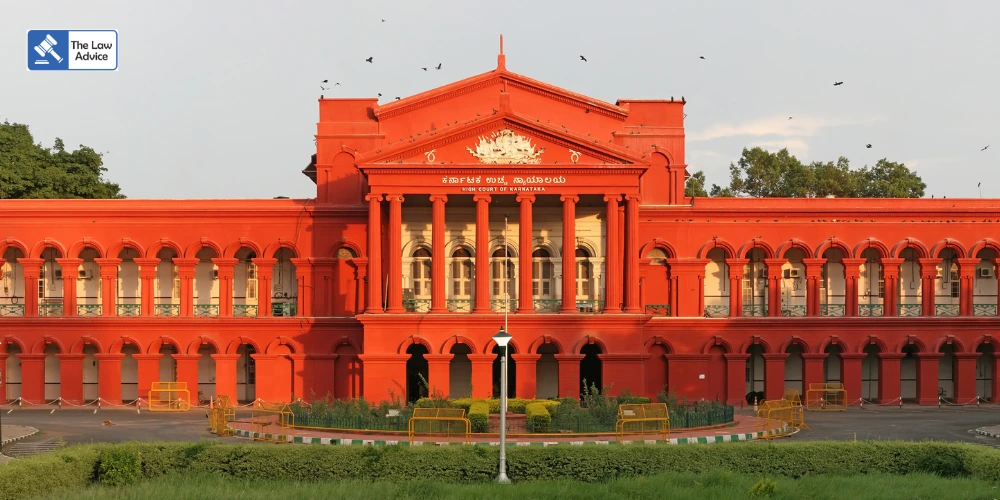The Karnataka High Court on Monday (August 18) dismissed a plea filed by a 52-year-old woman seeking to quash criminal proceedings initiated against her under the Protection of Children from Sexual Offences Act, 2012 (POCSO). The case was registered on the complaint of the parents of a 13-year-old boy, who alleged that the petitioner had subjected the child to penetrative sexual assault.
Court’s Findings: “POCSO Is Rooted in Gender Neutrality”
Justice M. Nagaprasanna, while pronouncing the order, made it clear that the POCSO Act is gender neutral and applies to both men and women. The Court noted:
“POCSO Act being a progressive enactment is intended to safeguard sanctity of childhood. It is rooted in gender neutrality with its beneficent object being protection of children, irrespective of sex. The Act is thus gender neutral.”
The Court explained that although Sections 3 and 5 (which define sexual assault and aggravated sexual assault) occasionally use gendered pronouns, the preamble, purpose, and spirit of the Act make it inclusive. Consequently, Sections 4 and 6, which prescribe punishments for penetrative and aggravated penetrative sexual assault, apply equally to both men and women offenders.
The woman, represented by Senior Advocate Hashmath Pasha, argued that the FIR was registered four years after the alleged incident (said to have occurred on May 1, 2020), making the prosecution untenable. However, the Court held that delay in registration of crime could not by itself be a ground for quashing when the victim was a minor.
The petitioner further contended that:
• It was psychologically impossible for a woman to commit such an act.
• No potency test had been conducted on the accused.
• A woman can only be a passive participant and not an “active offender” in such offences.
Each of these submissions was firmly rejected by the Court. On the last contention, Justice Nagaprasanna remarked:
“The submission that a woman is only a passive participant and the man is an active participant is to be emphatically rejected. The thought itself is archaic. The jurisprudence of present times embraces livid realities of the victim and does not allow stereotypes to cloud legal scrutiny.”
According to the complaint, the petitioner, who was then a neighbour of the boy, committed sexual assault on him in 2020 when he was 13 years old. The parents of the boy lodged the complaint only in June 2024, after which the police registered the FIR and subsequently filed a charge sheet.
The defense argued that the case was fabricated due to financial disputes between the petitioner and the complainant’s family. It was contended that the allegations were concocted to avoid repayment of money owed by the complainant.
The Court, however, was not persuaded by this line of argument, noting that financial disputes cannot diminish the seriousness of allegations of sexual assault involving a child.
Given the sensitive nature of the allegations, the Court had earlier ordered in-camera proceedings, following a special request by the petitioner’s counsel. The case had drawn significant attention due to its unusual facts — a woman being accused of committing penetrative sexual assault on a minor boy.
After considering all submissions, the High Court concluded that the allegations prima facie satisfied the ingredients of Sections 4 and 6 of the POCSO Act. Justice Nagaprasanna ultimately dismissed the petition, holding that none of the arguments raised by the defense merited acceptance.
The Court concluded:
“Therefore, none of the submissions made by the senior counsel merit acceptance, and thus, finding no merit, the petition stands dismissed.”
Case Details:
• Case No.: CRL.P 12777/2024
• Petitioner’s Counsel: Senior Advocate Hashmath Pasha (for Advocate Mohammed Mubarak)
• State Counsel: ASPP B.N. Jagadeesha
